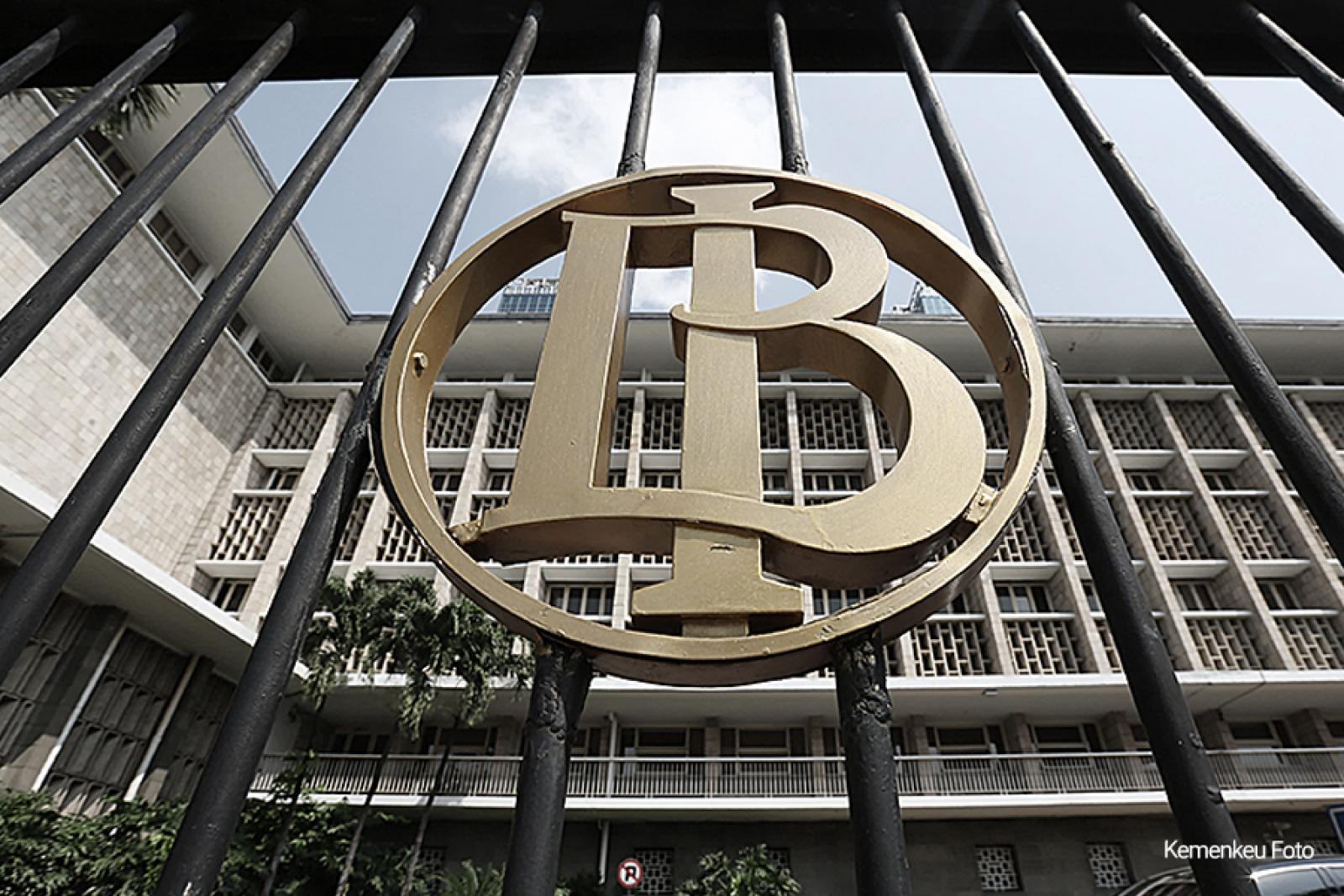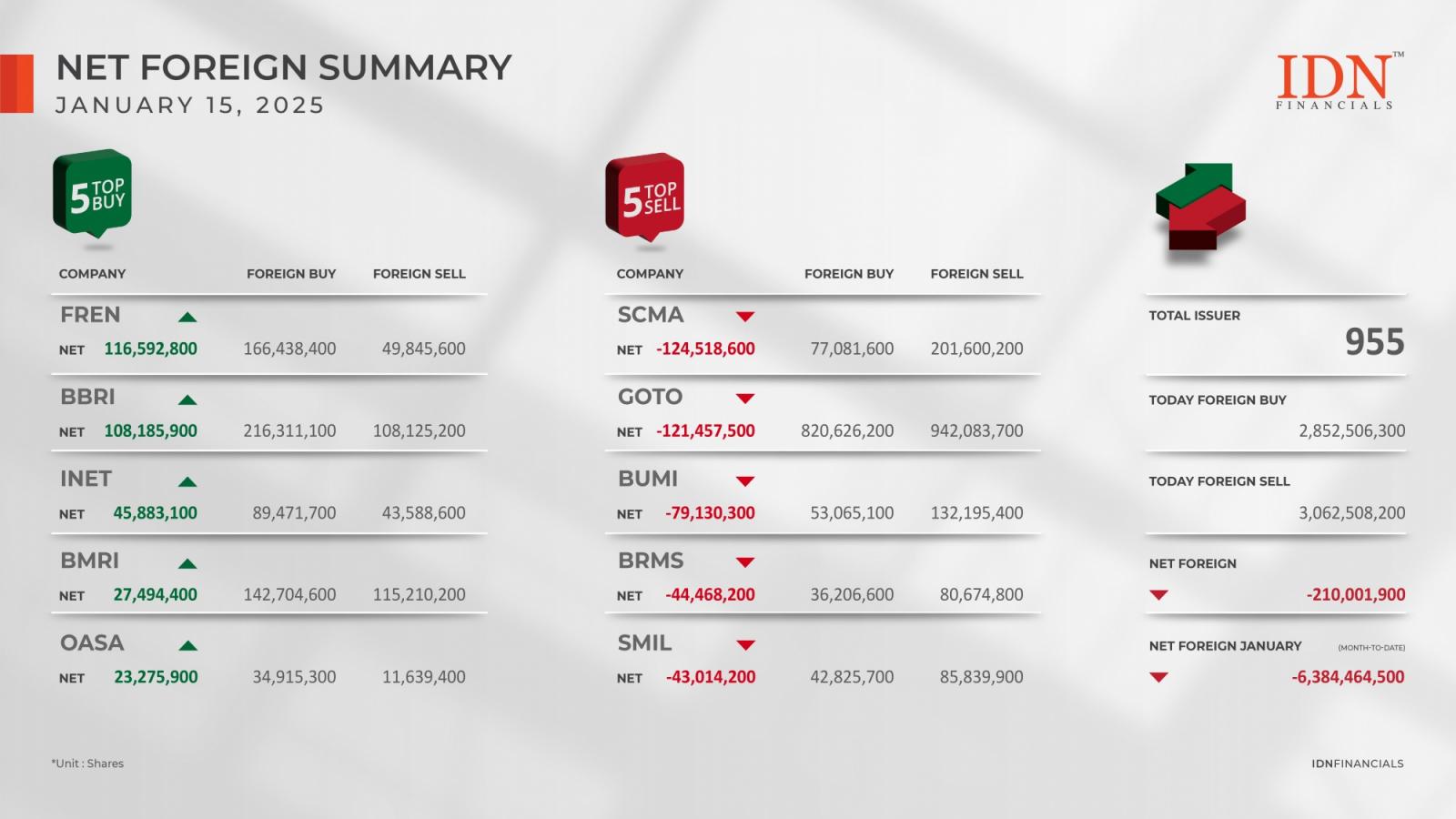
The British pound strengthened against other major currencies in the European session on Monday, as traders anticipate that the Bank of England (BoE) would slow down its policy-easing process in the upcoming month, particularly in light of data that was made public last week that indicated the UK inflation accelerated and once again exceeded the 2 percent target.
Last week, U.K. consumer price inflation accelerated more than expected in October, lowering the chances of a rate cut at the upcoming monetary policy meeting in December. The consumer price index rose 2.3 percent on a yearly basis, following Septembers 1.7 percent increase, which was the lowest since April 2021.
European stocks traded higher after U.S. President-elect Donald Trump picked hedge fund billionaire Scott Bessent as his Treasury Secretary, raising optimism he would recommend tariffs be layered in gradually.
He has advocated, in a Bloomberg interview, for the U.S. to grow its way out of large debts and, in the Wall Street Journal for tax reform and deregulation, particularly to spur bank lending and energy production.
Reports of ceasefire talks between Israel and Hezbollah pointed to a potential de-escalation in the Middle East, led to the upturn of the investor sentiment.
In the European trading today, the pound rose to a 5-day high of 1.1225 against the Swiss franc and a 4-day high of 1.2607 against the U.S. dollar, from last weeks closing quotes of 1.1125 and 1.2607, respectively. If the pound extends its uptrend, it is likely to find resistance around 1.13 against the franc and 1.28 against the greenback.
Against the yen and the euro, the pound edged up to 194.63 and 0.8309 from Fridays closing quotes of 193.86 and 0.8313, respectively. The pound may test resistance around 198.00 against the yen and 0.80 against the euro.
Looking ahead, U.S. Dallas Fed manufacturing index for November and Canada quarterly corporate profits and manufacturing sales for October are slated for release in the New York session.





